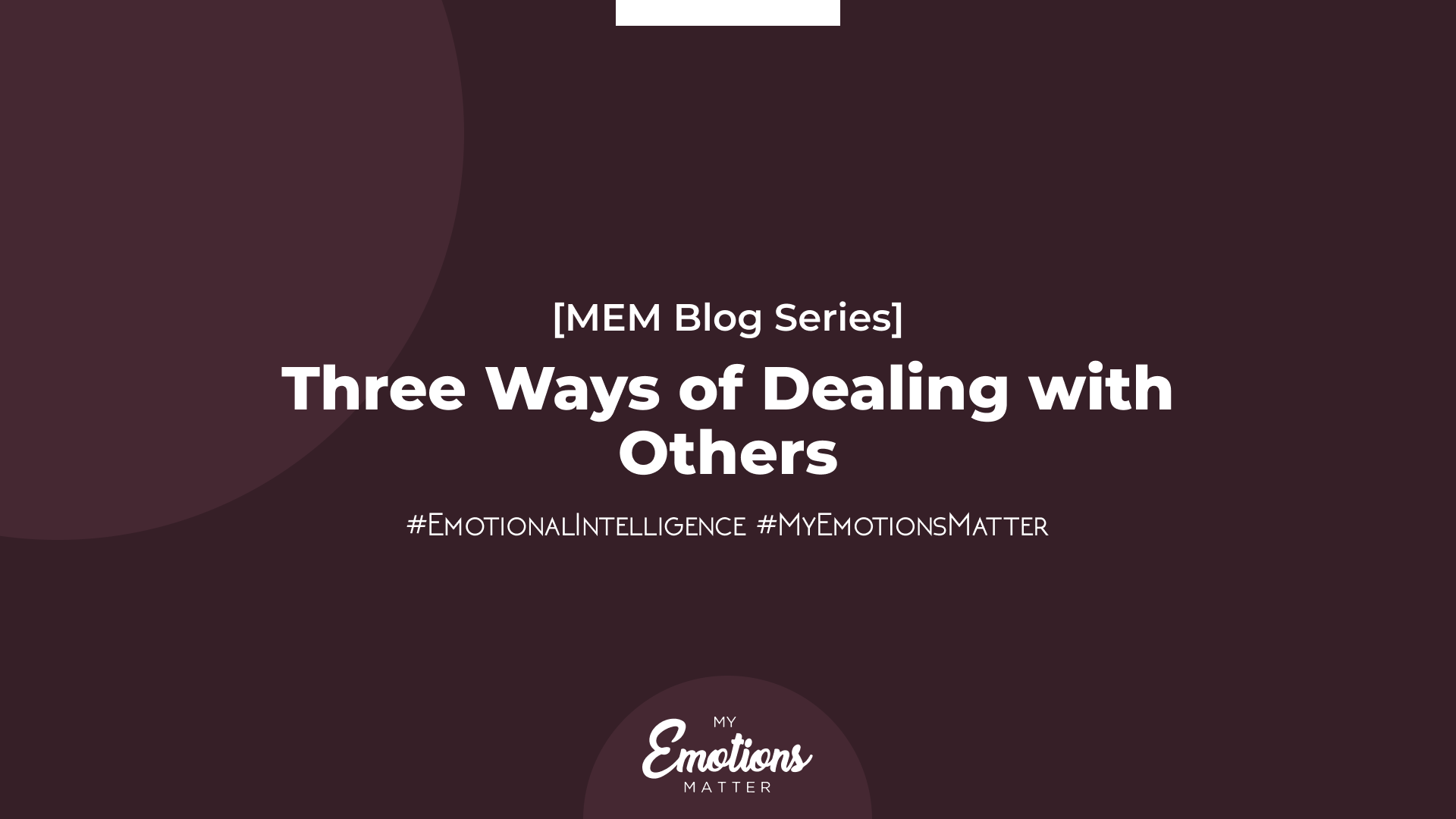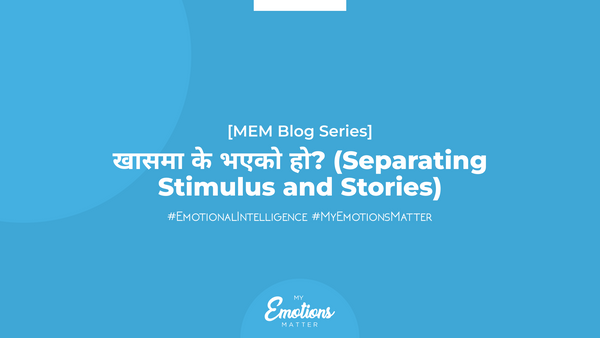Three Ways of Dealing with Others
Marshall B. Rosenberg, the founder of Nonviolent Communication, mentions three ways in which we relate to others:
1. Submission (Child): In this stage, we hold ourselves responsible for other people's feelings. Because we think we are responsible for other people's reactions, we do everything we can to please others. We feel guilty for saying no. We blame ourselves if others feel dissatisfied. We might sacrifice what is important to us in order to make others satisfied. This stage is about submission to others' needs and desires.
2. Domination (Teenger): For many people, the stage of emotional slavery brings about feelings of anger and resentment. 'Why should I only be the one to compromise?' 'Why do I let others take advantage of me?' are some common concerns that start emerging. Having always put others first but not received the same level of care from them, a kind of frustration starts emerging. We blame others for our dissatisfaction. In this stage, we no longer want to care for others' wants and desires. We start believing that we have to think only about ourselves. We focus on dominating others to get our way.
3. Integration (Adult): This stage is about neither domination nor submission; it is rather about integrating both our and others' needs. We realize that sustainable relationships cannot be built on foundations of domination (only caring about our needs) and submission (only caring about others' needs). We realize the cost of operating out of fear, shame, guilt, anger and resentment. In this stage, we learn the skills to take responsibility for our feelings and needs and look for ways to contribute to others' needs in a sustainable manner.
|
Submission |
Domination |
Integration |
|
|
Belief |
I’m responsible for other people’s feelings and reactions. |
Other people are responsible for my feelings and reactions. |
My feelings come from
my needs. Other people’s feelings come from their needs. They are responsible for their reactions. |
|
Focus |
Pleasing the other person. |
Getting what you want without consideration for the other person. |
Identifying and understanding what is important to both parties and what strategies might help. |
|
Feelings |
Fear, Shame, Guilt |
Anger, Resentment |
This is to be explored by understanding the unmet needs of both parties that cause feelings to emerge. |
|
Blame |
Self |
The Other Person |
Going beyond blame; understanding both parties’ feelings, needs and a sense of identity are at play. |
|
Cost |
Disconnection with self resulting in unsustainability. |
Disconnection with the other person resulting in unsustainability. |
Requires time, energy and effort initially but may reward in long-term sustainable relationship. |




